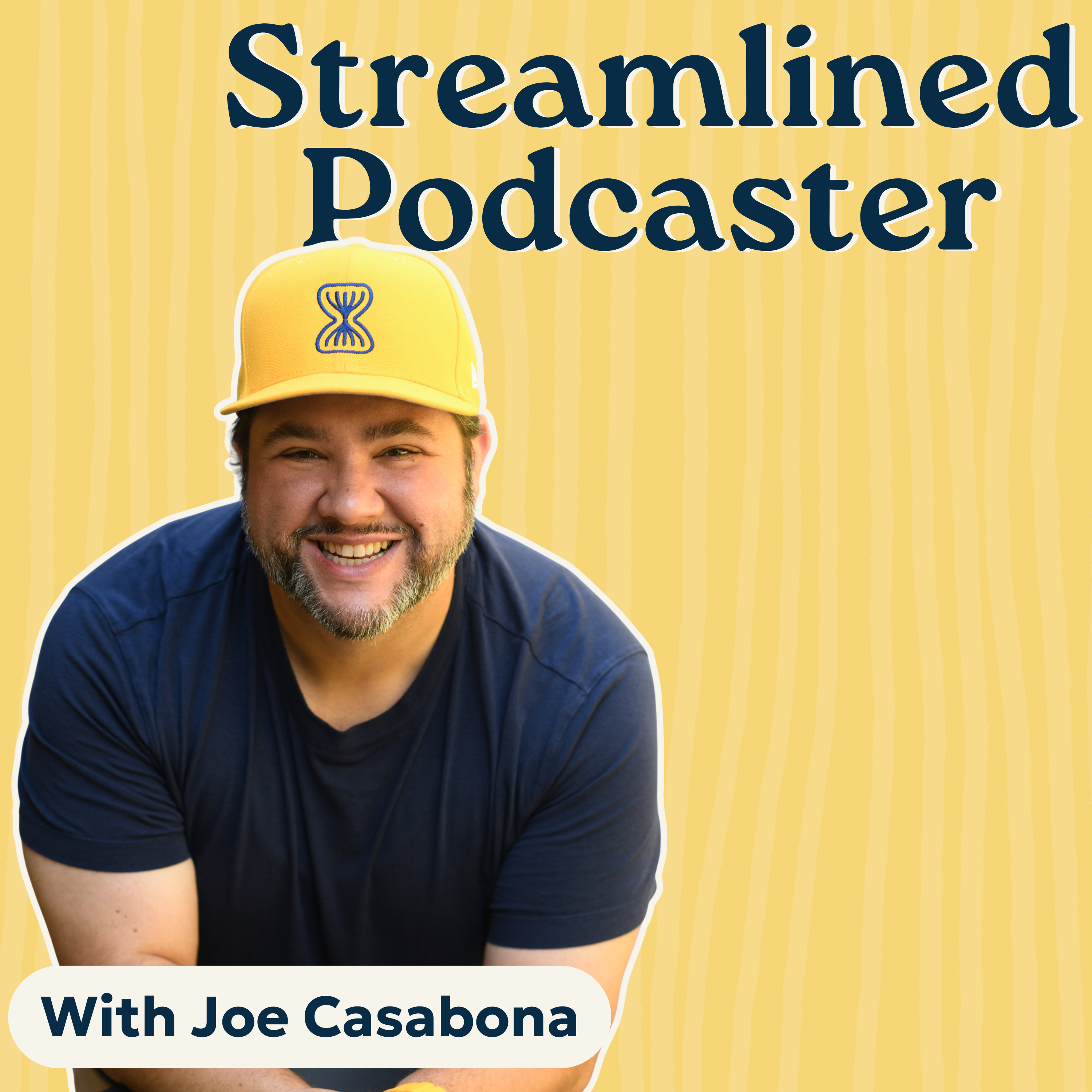
Podcasting Made Simple
Podcasting Made Simple is the premier podcast about podcasting! We’re here to help podcast guests and podcast hosts reach more listeners and grow their income so they can change more lives! Join Alex Sanfilippo and other podcasting industry experts as they share how you can level up on either side of the mic! (Show notes and resources: https://PodMatch.com/episodes)
Podcasting Made Simple
How to Make a Good Podcast Guest Bio | Emily Aborn
Many podcast listeners are turned off by guests before the guest even says their first word on a podcast. This is because podcast hosts share long-winded, repetitive, and boring details about the guest in the introduction. But it shouldn't be this way. In this episode, Emily Aborn shares the 4 key elements of a compelling podcast guesting bio that will draw listeners in instead of pushing them away. Get ready to be a podcast guest that listeners are drawn to before you even speak!
MORE FROM THIS EPISODE: HTTPS://PODMATCH.COM/EP/311
Chapters
00:00 The Importance of Your Bio
03:13 Crafting a Memorable Bio
07:59 Essentials of a Standout Bio
10:15 Final Tips for Your Bio
Takeaways
Your bio is often the first impression you make.
A bio should create intrigue and curiosity.
Connection is the most important aspect of a bio.
Tailor your bio to the audience you are addressing.
Keep your bio concise, ideally under 100 words.
Include your personality to make your bio relatable.
Avoid industry jargon to maintain clarity.
Your bio can evolve and be tailored for different platforms.
Focus on who you help and what you do clearly.
Don't stress too much about your bio; it's a living document.
MORE FROM THIS EPISODE: HTTPS://PODMATCH.COM/EP/311
🎟️ UPCOMING EVENT: Podcasting Made Simple Live, our virtual event for podcast guests and hosts! See the details: https://podmatch.com/event. Enter code PMLIVE for free VIP access!
You're listening to Podcasting Made Simple. B-I-O, bio. For such a short word, it certainly comes with a lot of pressure, doesn't it? If you're out there in the podcast universe looking to guest on more podcasts, it's going to be a word that you face down a lot. Your bio makes an appearance in episode show notes. It's often shared on social media, and it's your first chance to connect with the listener. and create a spark of interest at the top of the episode when the host reads it aloud. You wanna make those few precious lines more memorable and spark their interest and attention before the interview even begins. But how do you do it? Today, we're gonna talk about that. But first, let's talk about what gets in our way when we're trying to write our bio. First, we think that everyone is listening and reading our bio. We think that they're listening to every single word and therefore we want it to be just right. We want our bio to say and include every single aspect of our story, our expertise, our training and experience. So we kind of jam-pack it full. Third, what gets in our way is that sometimes we don't feel comfortable talking about ourselves. Sometimes we might think that it's bragging or we just don't like having the spotlight on us in any form or fashion. And you know, some of us don't believe in what is being said when the host is sharing or reading our bio despite ample evidence proving that we should believe in ourselves. And lastly, what I see people bump up in when they're writing their bio is that they don't want to get too personal or share too much about themselves. The list goes on. And often, because we don't know where to start, because we get frustrated, we don't write our bio at all. Or we just use the one on LinkedIn that has gone quite stale. The one that they read before we're a guest on their podcast makes us cringe when we hear it. And we're constantly in a hurry trying to slap one together to fill out that form when we're pitching to be on a podcast. Does your bio even matter? How important is it? Yes, it matters. Yes, it's important and we need to have a relevant and up-to-date bio. That said, I wish people would not stress so much about their bios or put all of this undue pressure on those three little letters. The fact is, you want a bio that clearly and succinctly sums up who you are and what you do. You want a bio that creates intrigue and curiosity. You want one that has the power to set you apart from others who do what you do. shows your expertise and credibility. But here's what I think the most important function of your bio is. It is to create connection. Your bio, just like the rest of all of your marketing, is a conversation. It is a bridge from who's hearing it or reading it to you. I'm Emily Aborn, and I'm going to share with you four essentials to creating this bio that will help you to stand out. so that you can set yourself apart as distinctly you and create more of that connection with the listeners. I want to help you to build expertise and credibility through your bio along the way. Are you ready? Let's do it. All right, essential number one of building a bio that helps to set you apart is your name and professional title. This should come as no surprise, it's seemingly pretty obvious, right? I would say to make this more friendly and approachable, use the name that you like to be called. So if on paper your name is Catherine, but everyone in your life calls you Cathy, including your clients, put that right into your bio. I also want you to consider this. You don't need to put your name and professional title right at the beginning of your bio. You can actually start your bio with a question or a fact or another point of connection. You can use that beginning of the bio to spark curiosity right then and there. So for example, I could start my bio as it relates to this specific episode by saying, it sometimes feels impossible to write about yourself, doesn't it? Raise your hand if you too have ever been stuck staring down the blinking cursor of doom while trying to write your about page or bio or another piece of marketing that's supposed to sum up the entirety of who you are and what you do in just a few sentences. Our guest today, Emily Aiborn, is a content copywriter who helps small business owners do just that through their messaging. So you can include that professional title and name at the top of the bio, or you can start with something else, a fact, a question, another way to bring listeners in and to create that curiosity right at the beginning. Last thing on your professional title. Chances are going to be pretty high that somebody else somewhere else does what you do. In fact, a lot of people do what I do. I encourage you to, yes, get a little creative with your title, but please don't get so obscure in your title that it confusing. Whenever possible, avoid using all of that industry jargon or complex language and just keep it simple. Avoid overused words that are maybe prevalent in the podcasting space that have pretty much all but lost their meaning. So essential number one, your name and professional title. Essential number two, who you help and what you do. Now, if you have a niche or a niche, as some say, this can be a fantastic place to be super specific. If you serve a more broad audience, I would actually ask you to consider tailoring your bio depending on the host that you're sending it to. So for example, If I know that I'm speaking to a podcast specific audience, I would tailor my bio a little bit to speak directly to podcasters and creative entrepreneurs. If I know that I'm speaking to an audience of coaches and consultants, I might tailor my bio to speak right to them. If my host has an element of their podcast where I have a specific area of expertise, I might tailor it in that way. There's nothing wrong with being broad in your services and your offerings. There's nothing being broad in who you serve, but consider whenever possible to be as specific as possible. And if you are very specific in the niche that you serve, embrace it and include it. Who you help should be very simple, very concise, and they should be able to instantly identify themselves in your bio. So consider how they refer to themselves. What language are they using? How do they describe themselves? Use those exact words when sharing who you work with and how you help. When it comes to what you do, you don't need to list all of the products and services that you offer. You also don't want to be super vague. Make sure that you're using tangible, simple language that takes into consideration their problems, their challenges. For example, If you were going to say they could step into their authentic selves and embody their truth, well, what does that really mean? Does it mean they're looking to reduce overwhelm, to have more clarity in their lives, to get more accomplished in a day, to have better relationships, to make decisions confidently? Listen to their exact challenges and struggles. How are they describing their problems? And speak right to it when you share who you are and how you help. Ready for essential number three? Essential number three is a little bit about your background or expertise. This does not need to be your entire life story or include your high school GPA. This is an area for you to include anything that is going to boost your credibility and your expertise. Perhaps you've had experience with a wide array of industries. Maybe you have a certification that is unique and distinct in your industry or your profession. Do you have a background in psychology or sociology or something that has brought you to where you are today? Have you been a business owner for a really, really long time? Have you been a podcaster for a really, really long time? What is it about your background or expertise that sets you apart from everybody else who does what you do? Include that in your bio for essential number three. And essential number four, your personality, the sunshine, What gets you out of bed every morning? What do you like to do on the weekends for fun? What is your why? What is something that you could just nerd out on for hours? Forget fun facts. What makes you boring and normal and super relatable? These serve as valuable connection points for the person listening on the other side and your host as they read the bio too. And let me tell you, with your bio, as I said at the beginning, connection is the name of the game. A bio is really acting as a bridge from your reader or listener to yourself. So use your personality and your relevant pieces of fun facts in your bio. You don't have to get overly personal. Just include a few little things about what makes your life great, what makes you light up, and what you're enjoying right now. All right. Couple pointers and then we'll wrap up. This is a living breathing thing. Your bio can be tailored as you send it out to different places. And I don't want you to put so much pressure on it because it's important to remember you actually get to experiment a little bit and try new things with your bio. So take your foot off the gas and don't put so much pressure on it. It might also help you to consider that not everybody is listening to every single word. Not everybody is reading every last bit of your bio. So don't overthink it. Keep it short and sweet. I always recommend about under a hundred words. And if you want to know how short and sweet it really is, as well as how it flows, make sure that you are reading it aloud for yourself. You might catch something that you find before the host starts reading it while you're live on their podcast. Focus on building connection in your bio. And this is not the UUU show. Make your bio clear, concise, and free of whatever everybody else is saying in your industry. You didn't come here for that copy and pasteable bio that could literally apply to the person coming after you. You want this to be a true reflection of you and a true reflection of the people you love working with in your business. I hope that this helps you to write an awesome bio that sets you apart. Once again, I'm Emily Aborn and I can't wait to see your bio in action. For more episodes, please visit podmatch.com forward slash episodes. Thank you so much for listening.
Podcasts we love
Check out these other fine podcasts recommended by us, not an algorithm.
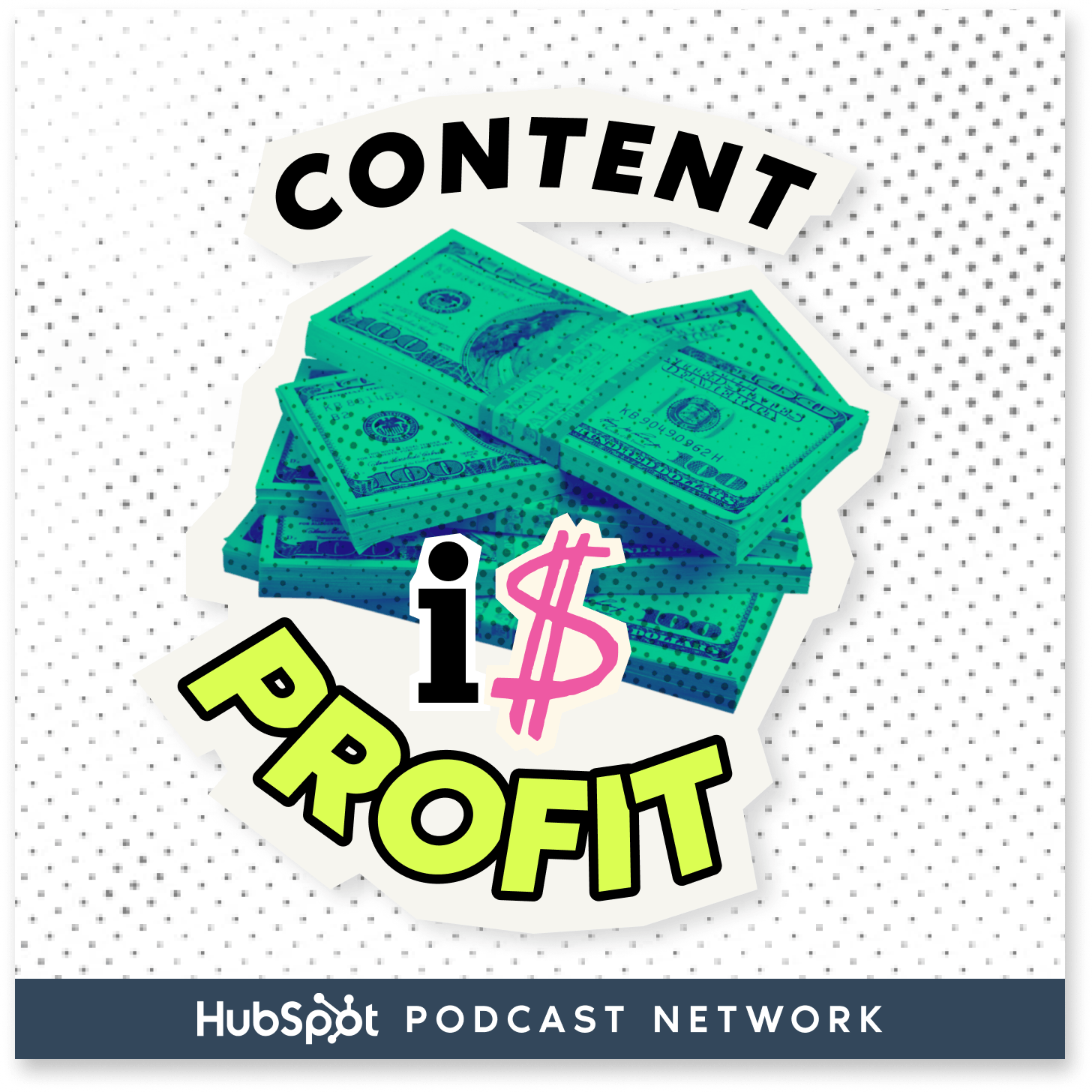
Content Is Profit
BIZBROS
Win The Content Game
Deirdre Tshien - CEO & co-founder of Capsho, AI-powered Content Marketer (the fastest way to repurpose and market your expert content)
Fastlane Founders and Legacy with Jason Barnard: Personal Branding, AI Strategies, and SEO Insights
Jason Barnard Entrepreneur and CEO of Kalicube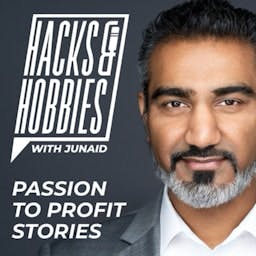
Hacks and Hobbies with Junaid Ahmed
Junaid Ahmed
I Have A Podcast by Vinnie Potestivo
Vinnie Potestivo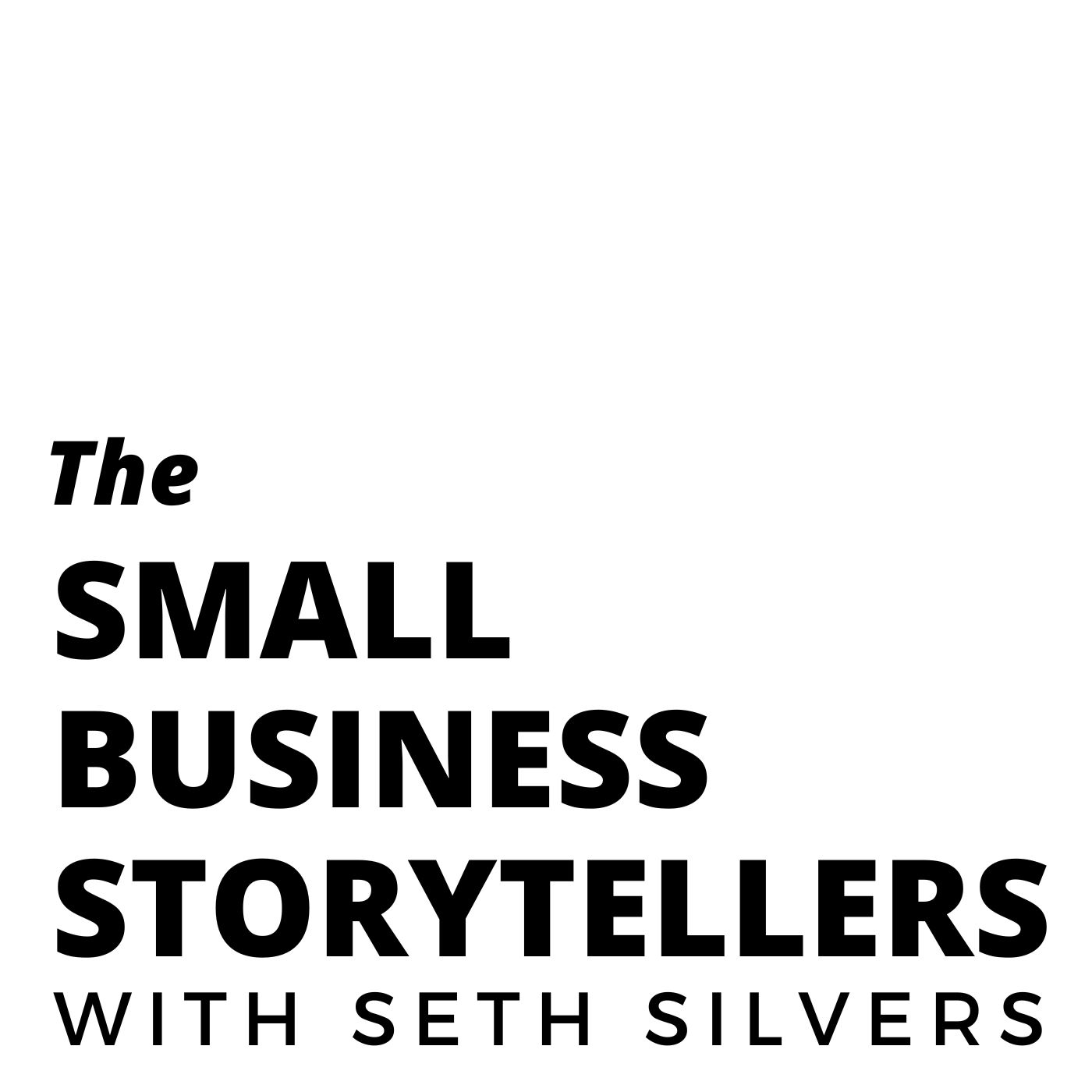
The Small Business Storytellers with Seth Silvers
Seth Silvers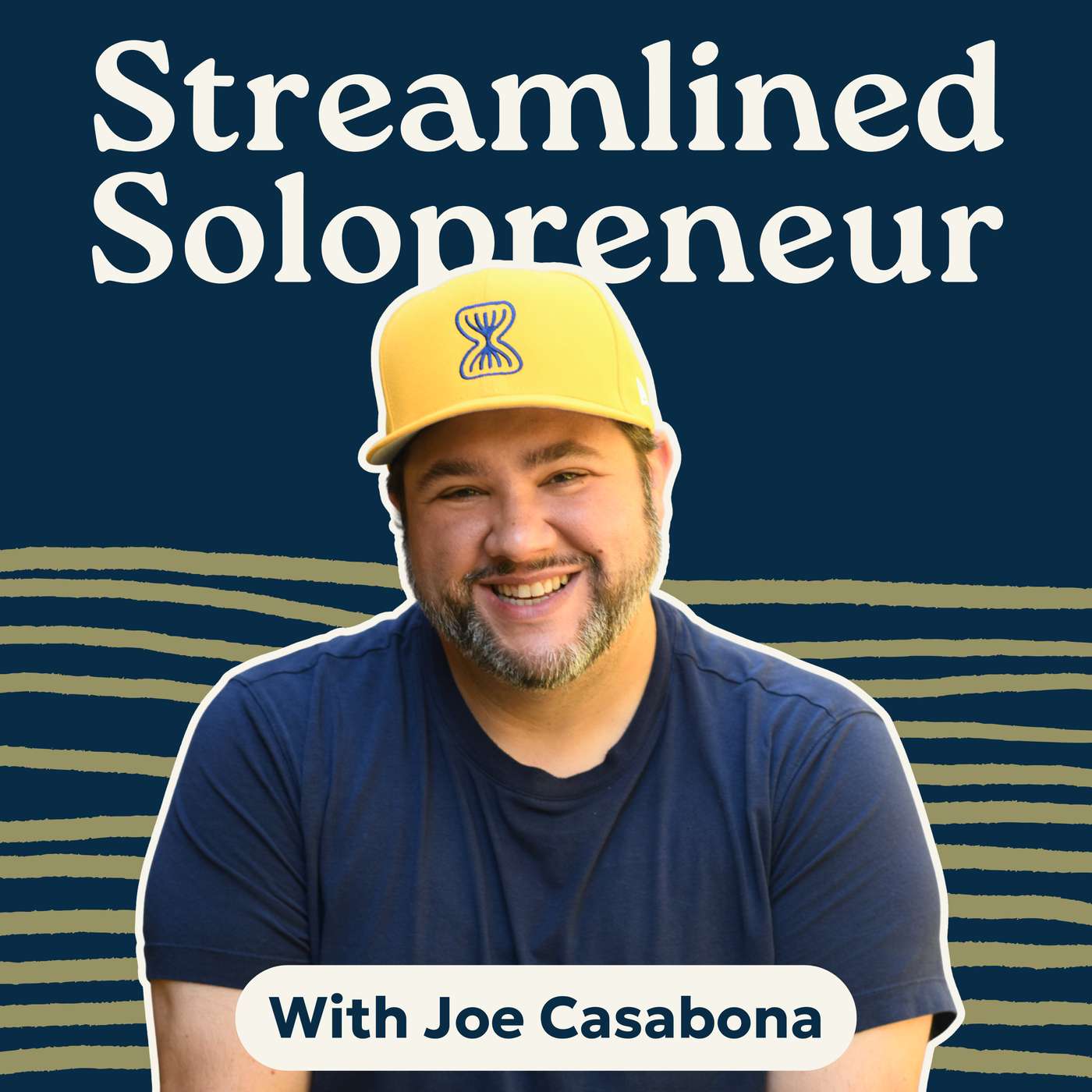
Streamlined Solopreneur: Tips to Help Small Business Owners Grow Without Burnout
Joe Casabona, Business Systems Coach
Insider Secrets to a Top 100 Podcast with Courtney Elmer | Podcasting Strategy for Business Growth
Courtney Elmer | PodLaunchHQ.comDo The Thing
Stacey Lauren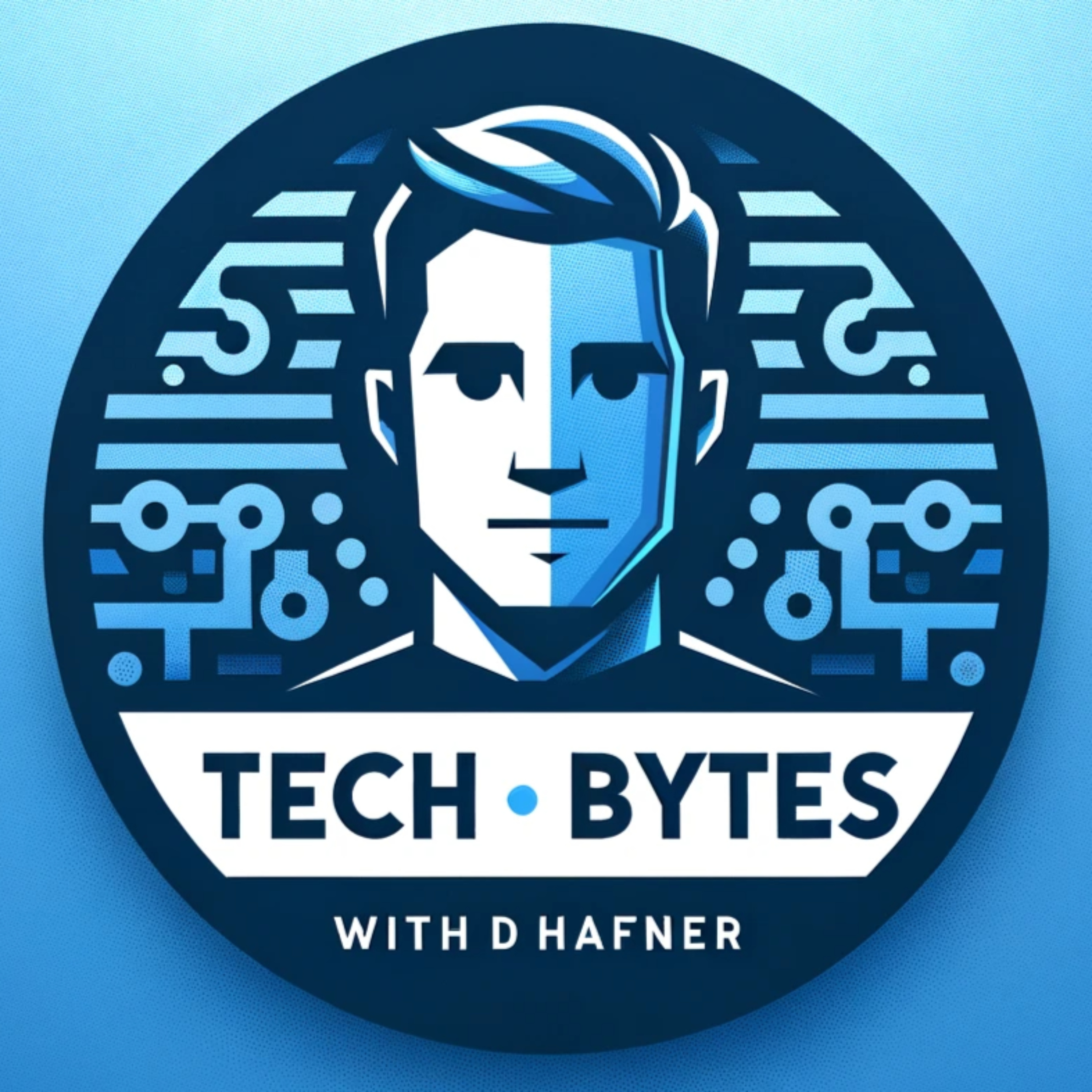
Tech Bytes - with Dan Hafner
Dan Hafner

